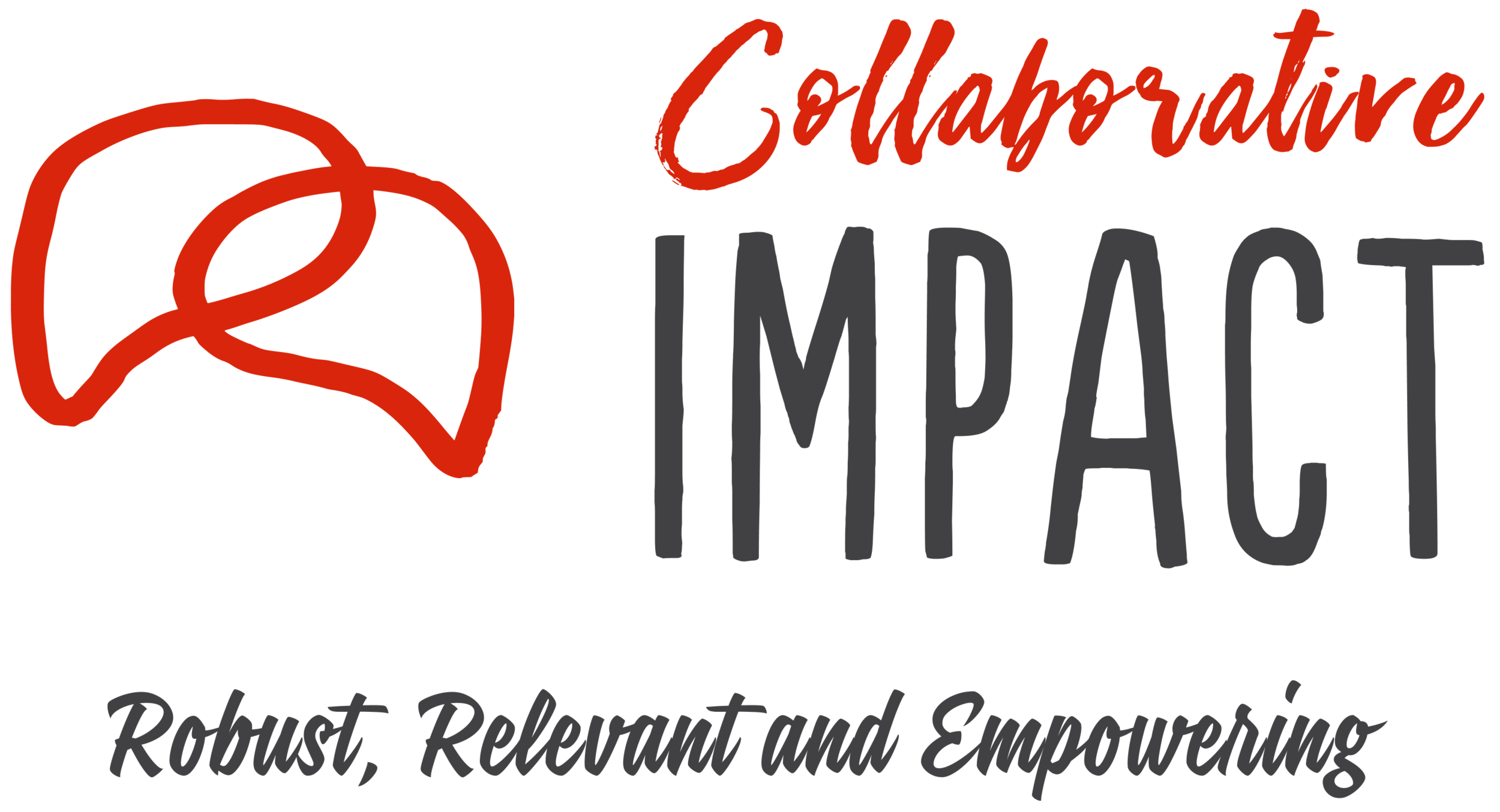INSTITUTIONAL STRATEGY AND PORTFOLIO REVIEW OF SUSTAINABLE DEVELOPMENT RESEARCH
Assessing the International Institute for Environment and Development's (IIED) global role and impact on Sustainable Development
Client
International Institute for Environment and Development (IIED)
Period
2015 - 2016
Services
Evaluation,
Strategy and Learning
Location
Global
Areas
Climate Resilience,
Sustainable Agriculture & Food,
Migration and New settlements,
Governance and Social Accountability
Every five years, IIED's main institutional donors commission an External Review (ER) of its work. The 2015-2016 ER focused on assessing the relevance and added value of IIED’s research programmes and approaches over the preceding five years, the effectiveness of its global outreach and policy engagements, its contribution to shaping the 2030 Agenda, and its influence on global sustainable development.
Different from previous ERs, this ER was expected to take an impact-focused and forward-looking lens, for which it facilitated a critical debate and reflections on IIED’s future role and strategic redirections. A major participatory undertaking, the inquiries and processes were spread over a full year and engaged a cross-section of staff, managers, partners, research users and donors. The ER adopted a PIALA-inspired utilisation-focused approach, structured around the four main types of impact pathways that were identified with IIED staff based on a participatory mapping of its 2021-2016 portfolio onto an evaluative Theory of Change. A multi-case study was conducted of eight multi-country initiatives across IIED’s research areas and the four impact pathways.
Both the processes and the outcomes were very well received and continue to be used and felt useful in IIED’s present work and partnerships, as shown by the comments on the published report and IIED’s Annual Report 2017-2018 (which is entirely structured around the four impact pathways identified by the ER).
“The final report provides a hugely valuable assessment of the strengths and challenges facing the organisation, as well as shifts in the broader context in which we operate. (…) The review team (…) conducted a rigorous and thoughtful process, which involved high levels of participation from IIED staff and a wider range of actors. They have presented an excellent analysis of the means by which IIED contributes to broader change, as well as a set of recommendations for future attention.”


